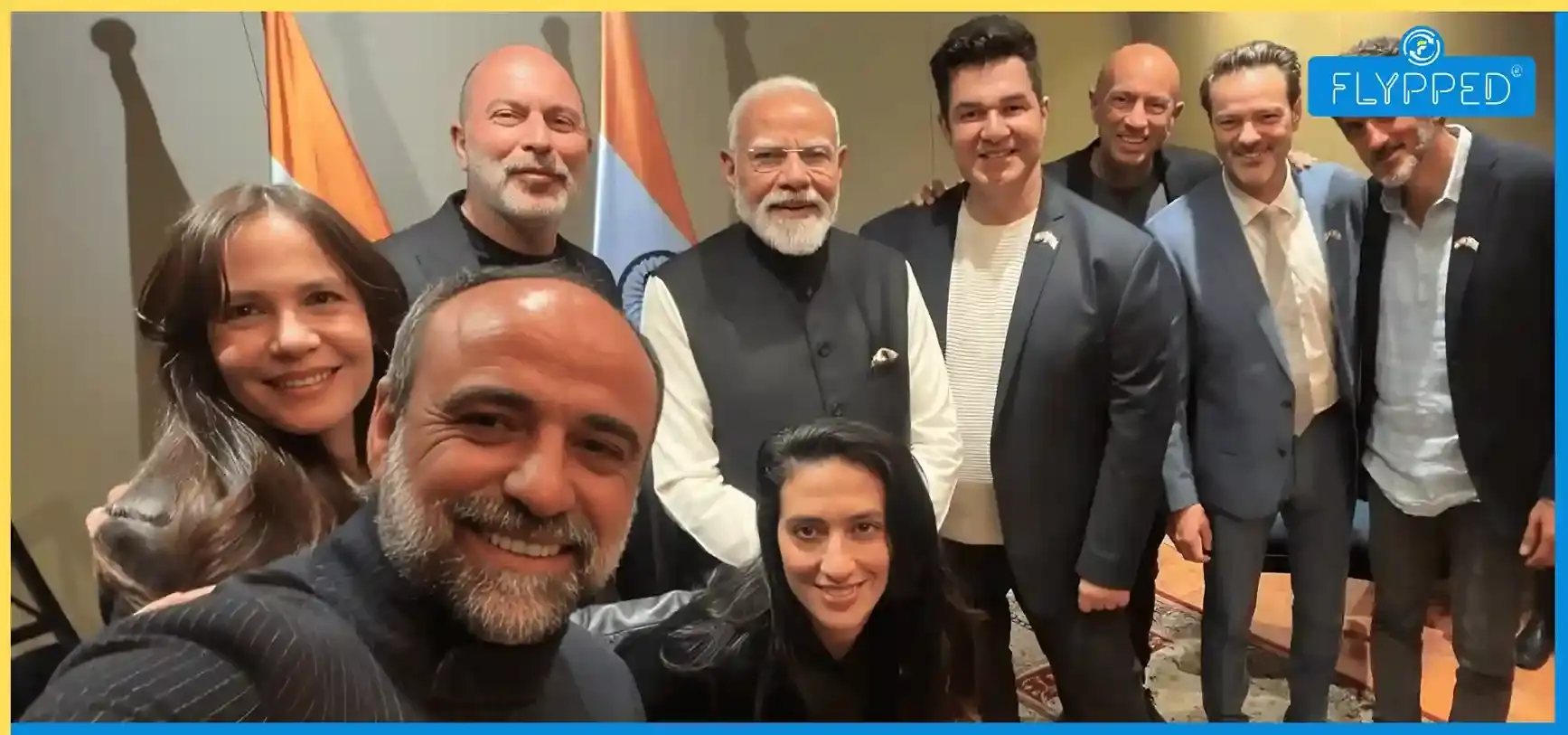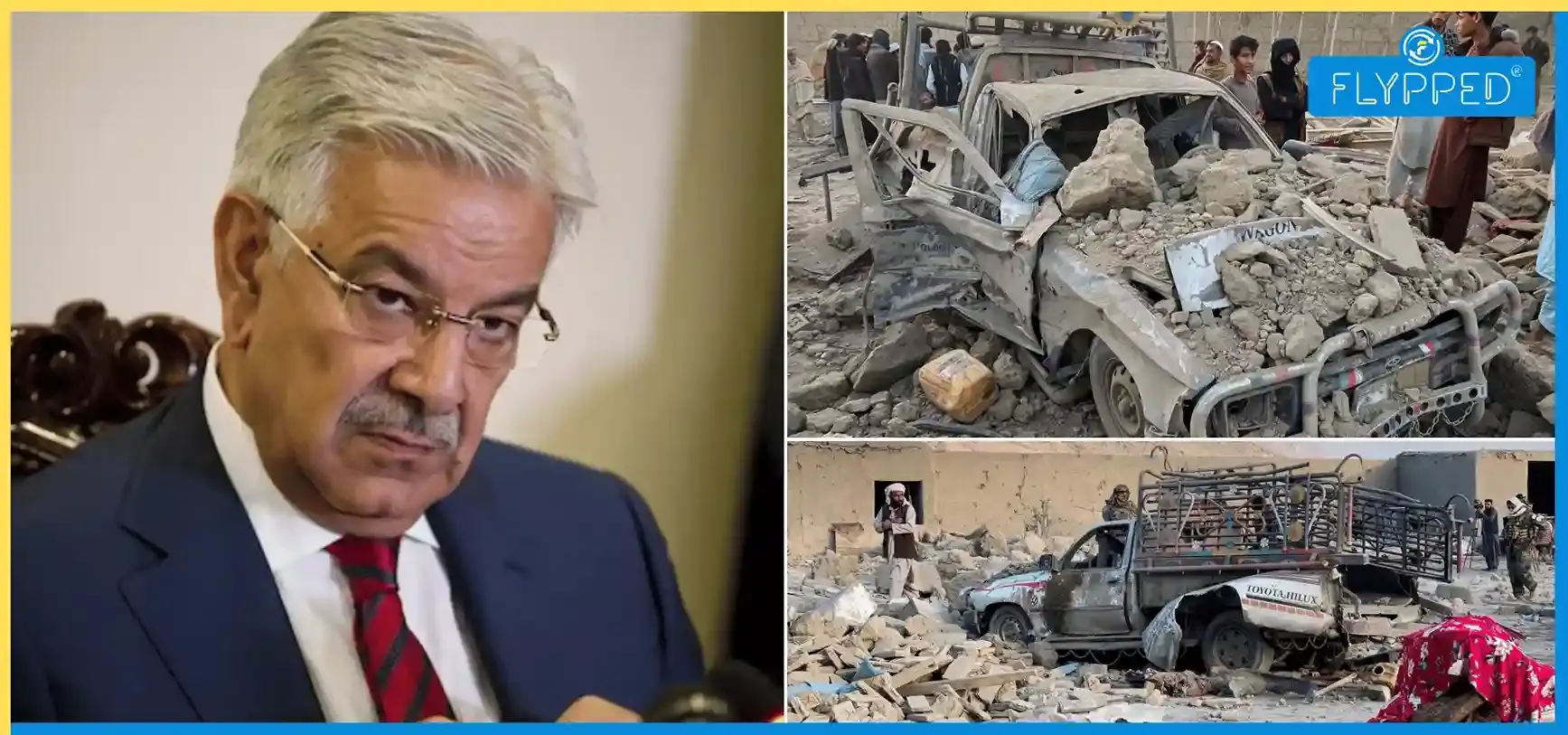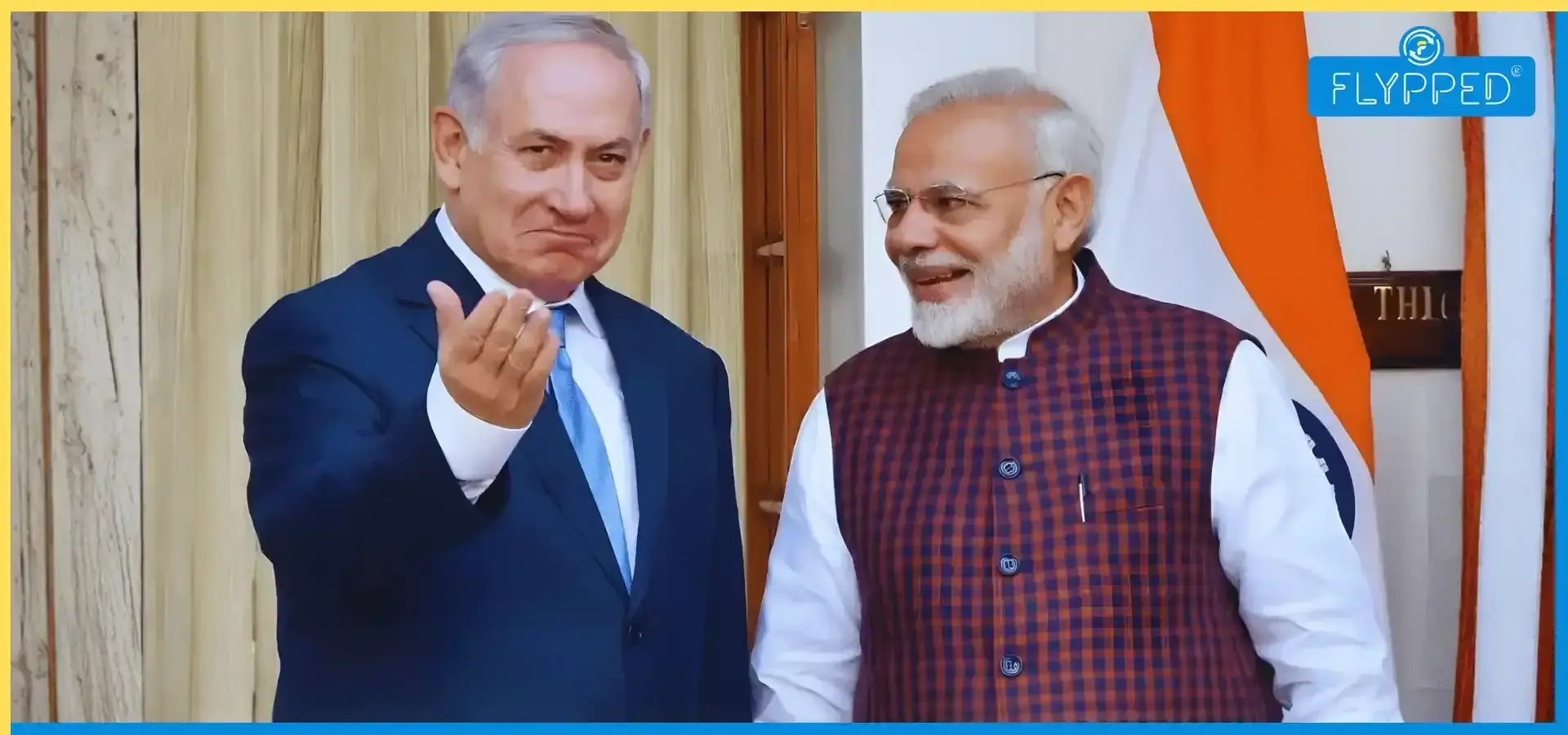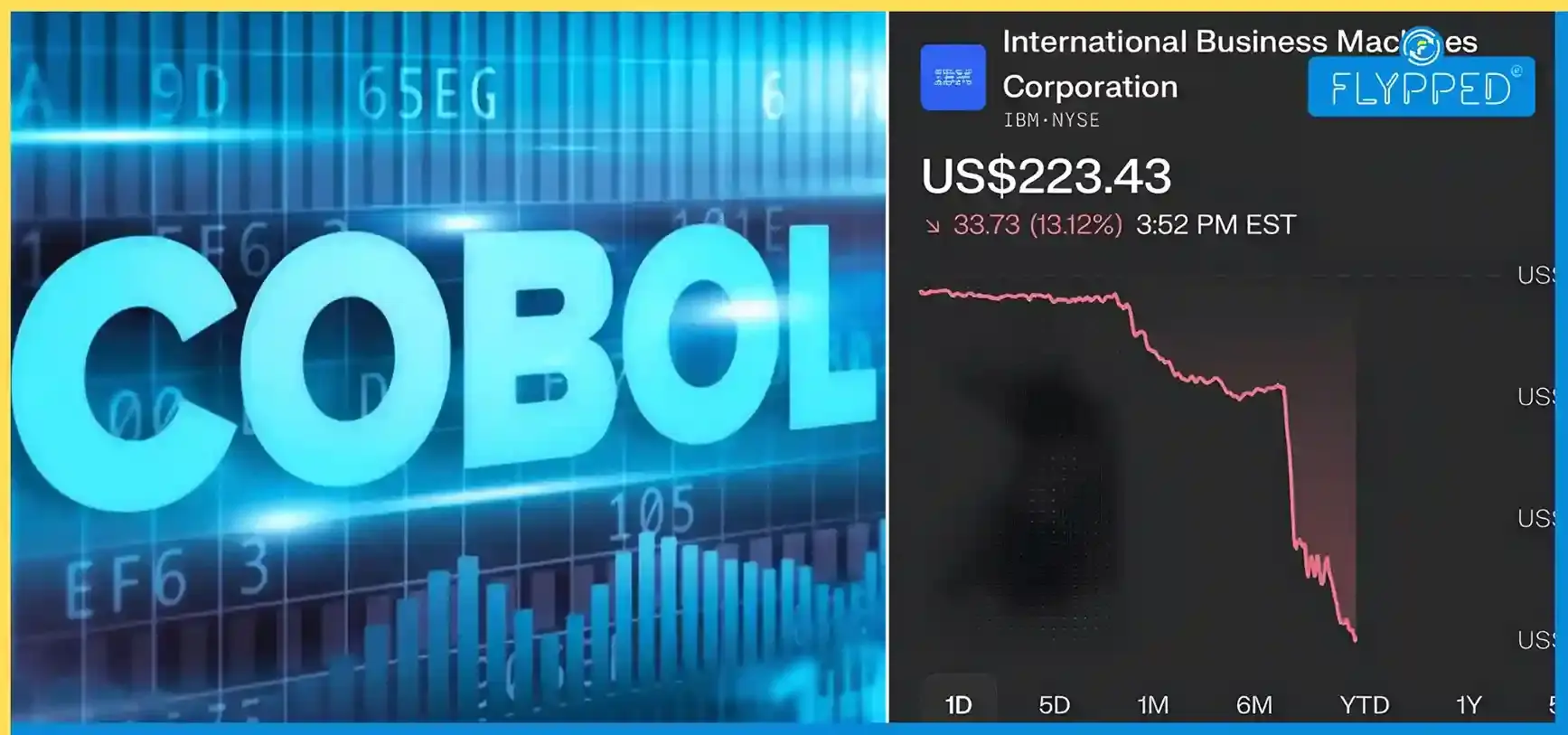Nawaz Sharif sees Jaishankar's visit as a positive step, calling for progress between India and Pakistan.
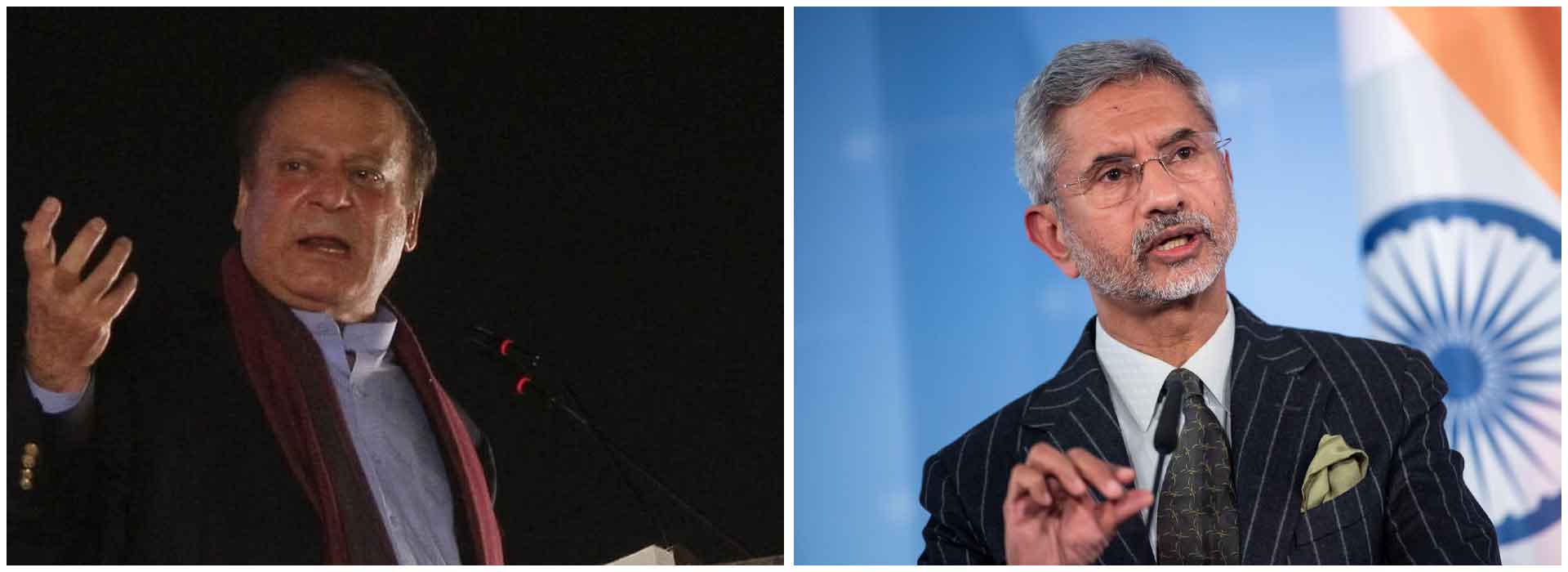
The relationship between India and Pakistan has always been complex, marked by a history of conflict, but also punctuated by moments of hope and efforts toward peace. In recent times, there seems to be a glimmer of optimism as former Pakistani Prime Minister Nawaz Sharif expressed his positive outlook on the recent visit of India's External Affairs Minister, S. Jaishankar, to the region. For many, this visit signals a potential thawing of the icy relations between the two neighboring countries. Sharif's remarks highlight the possibility of renewed dialogue, which could lead to significant progress in addressing longstanding issues between India and Pakistan.
A Long-Standing Rivalry With Room for Improvement
India and Pakistan share a tumultuous history, with their relationship characterized by wars, territorial disputes, and diplomatic stalemates. Despite these challenges, there have been instances when leaders from both sides attempted to bridge the gap and foster cooperation. This recent visit by Jaishankar is another step toward possibly improving ties, and Nawaz Sharif’s positive reaction suggests that there may be a renewed willingness on both sides to pursue a constructive path forward.
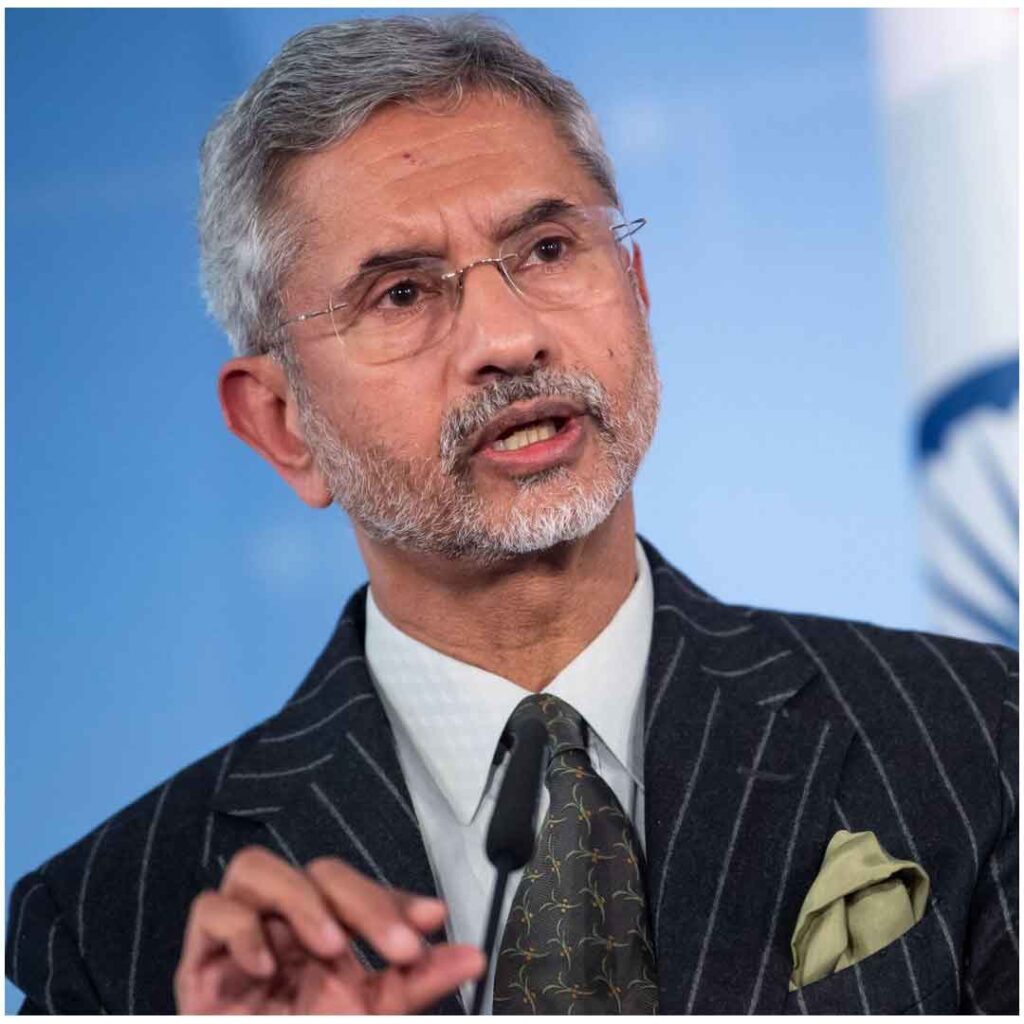
Nawaz Sharif, who has served as Pakistan's Prime Minister three times, has often been seen as a leader inclined toward peaceful relations with India. His stance has consistently been one of advocating for dialogue and mutual understanding, rather than hostility. While many other political figures in Pakistan have taken a harder line on India, Sharif has always believed that diplomacy is the key to resolving disputes and ensuring stability in the region. His endorsement of Jaishankar's visit aligns with his long-held belief that progress can only be achieved through meaningful conversations between the two nations.
The Importance of Dialogue
Throughout his political career, Nawaz Sharif has made it clear that he sees dialogue as the only sustainable solution to the many issues that divide India and Pakistan. These include the contentious Kashmir dispute, cross-border terrorism, and trade imbalances. By welcoming Jaishankar’s visit, Sharif is reiterating his commitment to diplomatic engagement as the most viable way to move forward.
Sharif’s belief in dialogue is rooted in the idea that both countries have more to gain by working together than by remaining at odds. This perspective has been a consistent theme in his political philosophy, and it is once again reflected in his response to this recent diplomatic visit. By showing support for Jaishankar's efforts, Sharif is sending a clear message that peace is possible if both sides are willing to engage in open and honest discussions.
Challenges on the Road to Peace
While Nawaz Sharif's optimism is encouraging, the reality is that India and Pakistan face significant challenges in their efforts to improve relations. The two nations have been at odds over several critical issues, with the Kashmir conflict being the most prominent and emotionally charged. Tensions escalated further in 2019 following the Pulwama attack and the subsequent military actions by both sides. Since then, official talks have largely been stalled, and border tensions have persisted.
Sharif, however, remains hopeful. He recognizes the difficulties but believes that a path to peace is possible if both nations are willing to make compromises and prioritize dialogue over conflict. His own experience as Prime Minister has given him a unique perspective on the intricacies of India-Pakistan relations. During his time in office, Sharif made multiple attempts to engage with Indian leaders, most notably during the Lahore Summit in 1999. Though the efforts were ultimately derailed by subsequent conflicts, they remain a testament to Sharif's enduring belief in diplomacy.
Jaishankar’s visit comes at a time when both countries are dealing with internal and external pressures. India is rising as a global power, and Pakistan is facing economic difficulties and political instability. In this context, there may be more incentive than ever for both countries to seek common ground. However, old wounds take time to heal, and any move toward reconciliation will require patience, trust-building, and a willingness to address difficult issues.
Economic Benefits of Peace
One of the most compelling reasons for improved relations between India and Pakistan is the potential for economic growth on both sides. Nawaz Sharif has consistently emphasized that peace between the two nations would open up significant economic opportunities. Increased trade, energy cooperation, and joint infrastructure projects could benefit millions of people across both countries, improving living standards and creating new jobs.
For Pakistan, opening up trade with India could provide a much-needed boost to its struggling economy. Access to India's massive market would offer Pakistani businesses new opportunities for growth. On the other hand, India could also benefit from a more stable relationship with Pakistan, as it would allow for more efficient trade routes to Central Asia and beyond.
Sharif has long argued that economic cooperation can serve as a foundation for better political relations. By focusing on shared interests, such as trade and development, both countries can build trust and reduce tensions. This approach is not only pragmatic but also offers a way to create tangible benefits for ordinary citizens on both sides of the border.
The Role of Cultural Exchange
In addition to economic benefits, Nawaz Sharif has also advocated for increased cultural exchange between India and Pakistan. He believes that fostering people-to-people connections can help to break down barriers and promote understanding. Cultural diplomacy, including the exchange of art, music, sports, and education, can help humanize the relationship between the two nations, allowing citizens to see each other beyond the lens of conflict.
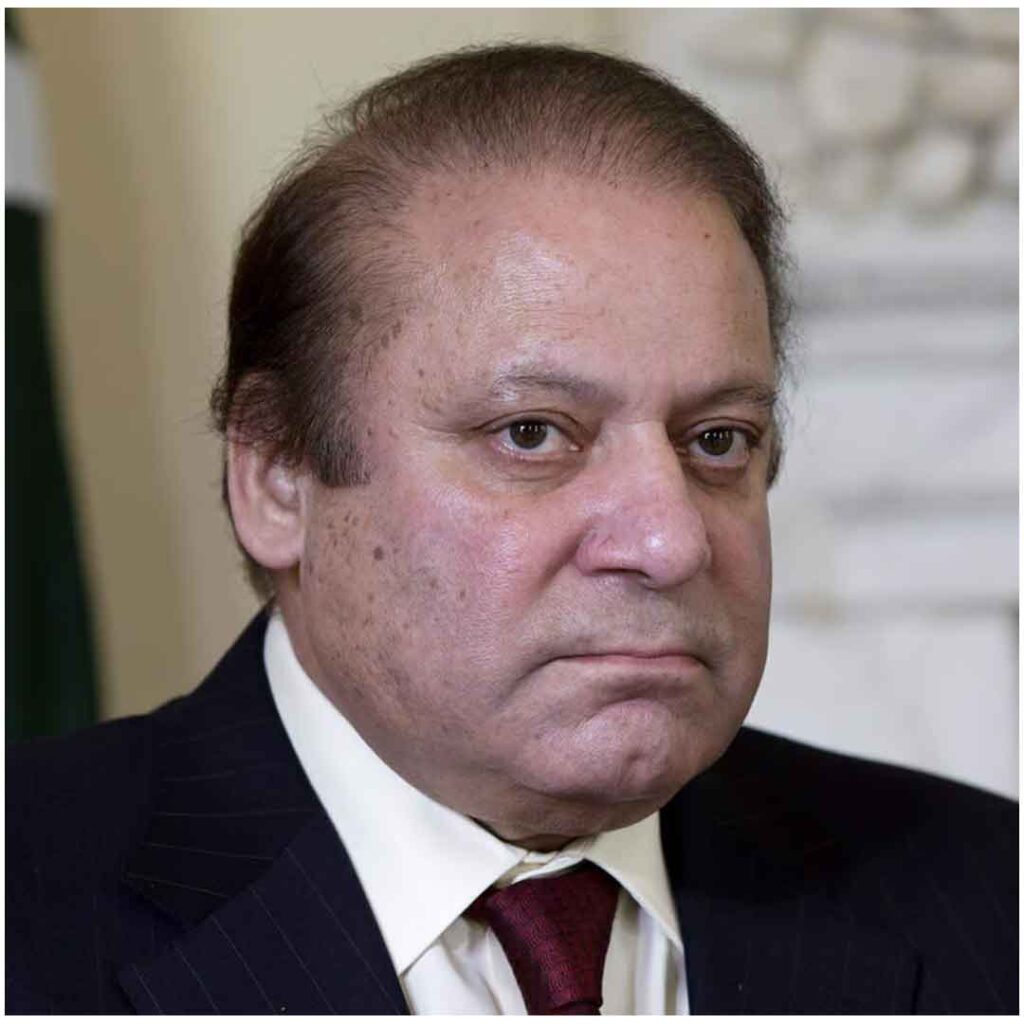
In the past, cultural exchanges between India and Pakistan have played a role in softening tensions. Cricket matches, film collaborations, and cross-border tourism have all contributed to moments of goodwill. While these efforts have not always led to long-term diplomatic breakthroughs, they have created a sense of shared identity and common heritage that can be a foundation for peace.
Sharif’s support for cultural exchanges is part of his broader belief that dialogue should occur at all levels of society, not just between governments. By encouraging greater interaction between ordinary citizens, he hopes to build a more peaceful and cooperative future for both nations.
The Road Ahead
While Nawaz Sharif’s optimistic view of Jaishankar’s visit is a positive sign, it is clear that there is still a long road ahead for India and Pakistan. The two countries will need to address numerous deeply entrenched issues before any lasting peace can be achieved. However, Sharif’s call for progress is a reminder that despite the challenges, dialogue and diplomacy remain the best path forward.
If leaders on both sides can build on the momentum created by Jaishankar’s visit, there is hope that relations between India and Pakistan could improve in the coming years. This would not only benefit the people of both nations but also contribute to greater stability and security in South Asia. For now, the world will be watching to see if this diplomatic engagement leads to meaningful progress or if it becomes yet another missed opportunity in the long history of India-Pakistan relations.
Conclusion
Nawaz Sharif’s response to Jaishankar’s visit reflects his belief that peace is possible if both sides are willing to engage in sincere dialogue. His optimism, combined with his experience as a statesman, offers a glimmer of hope that the two countries might finally be able to move toward a more peaceful and prosperous future.
Click to read the full article

